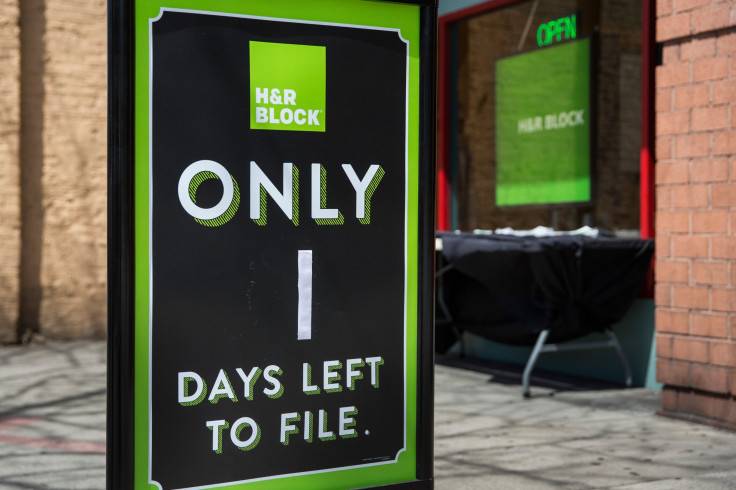Tax Day 2016: How To File Online For Free, Plus Key Deadlines, Links To Forms, Helpful Tips And More

It's never too early to start preparing your taxes. Even though taxes aren't due until April, now is a good time to learn how to file, which important deadlines to meet and where to file online, in order to make the process as stress-free as possible.
First of all, do you even need to file a tax return? If you're not sure, you can use this handy tool from the IRS, which takes about 12 minutes to complete. Assuming you do need to file a return, you can do that in a number of ways, whether you're filing an e-return or mailing in a paper version to the IRS.
About 70 percent of American taxpayers are eligible to use free online programs offered jointly by the IRS and private tax preparation companies. This option is ideal for people with relatively straightforward tax returns.
You can also purchase tax filing programs like TaxCut, H&R Block or TurboTax, which come in both online (sometimes these are free) and desktop versions. Unlike their online counterparts, the desktop programs save your tax return and information on your computer, which means it's always accessible, even without an internet connection and also less of a hassle to input your personal information the following tax year. These programs vary in price, and for some households it's more economical to purchase one of them, while for others, it's not. Still, many prefer these programs because they combines a DIY approach with some professional guidance. Here's CNET's explainer on the subject.
If your taxes are particularly complicated, you don't have time to do them yourself or you're just not sure how to do them and are terrified of screwing up, hiring a tax preparer, consultant or accountant is also an option. Just know that while choosing the right service can help you save money on your taxes, choosing the wrong one can actually cost you. Here are Forbes' guide to choosing the right tax preparer service and the IRS' guide.
Why file early? For people with simple returns, filing sooner rather than later has several benefits. You can get your tax refund — if you're owed one — earlier. Filing early also helps to maximize the amount of financial aid received if taxpayers are filling out federal aid applications for colleges. Plus, if you do make a mistake in filing, you'll have more time to correct it. For those with more complicated tax returns, some suggest it's advantageous to wait until April. Here's Investopedia's explanation as to why.
The one deadline you really need to know is Monday, April 18, 2016. It's delayed from the standard April 15 because this year Washington, D.C., is observing Emancipation Day that date. For early birds, another key date is Jan. 19, which is the earliest the IRS will start accepting tax returns. Note that you won't be able to file your taxes until you've received your W2 from your employer and your 1099s from your investments, if those are applicable to you. Other important forms include those related to healthcare, because under the Affordable Care Act, almost everybody in the U.S. must have health insurance or else pay a fine. If you have questions about healthcare forms, check out the IRS' Q&A here.
For more tips and suggestions about filing taxes in 2016, check out the IRS' Interactive Tax Assistant, its guide to finding free tax help for those who qualify and a list of downloadable essential tax forms like the 1040, W-9 and numerous others.
© Copyright IBTimes 2024. All rights reserved.












